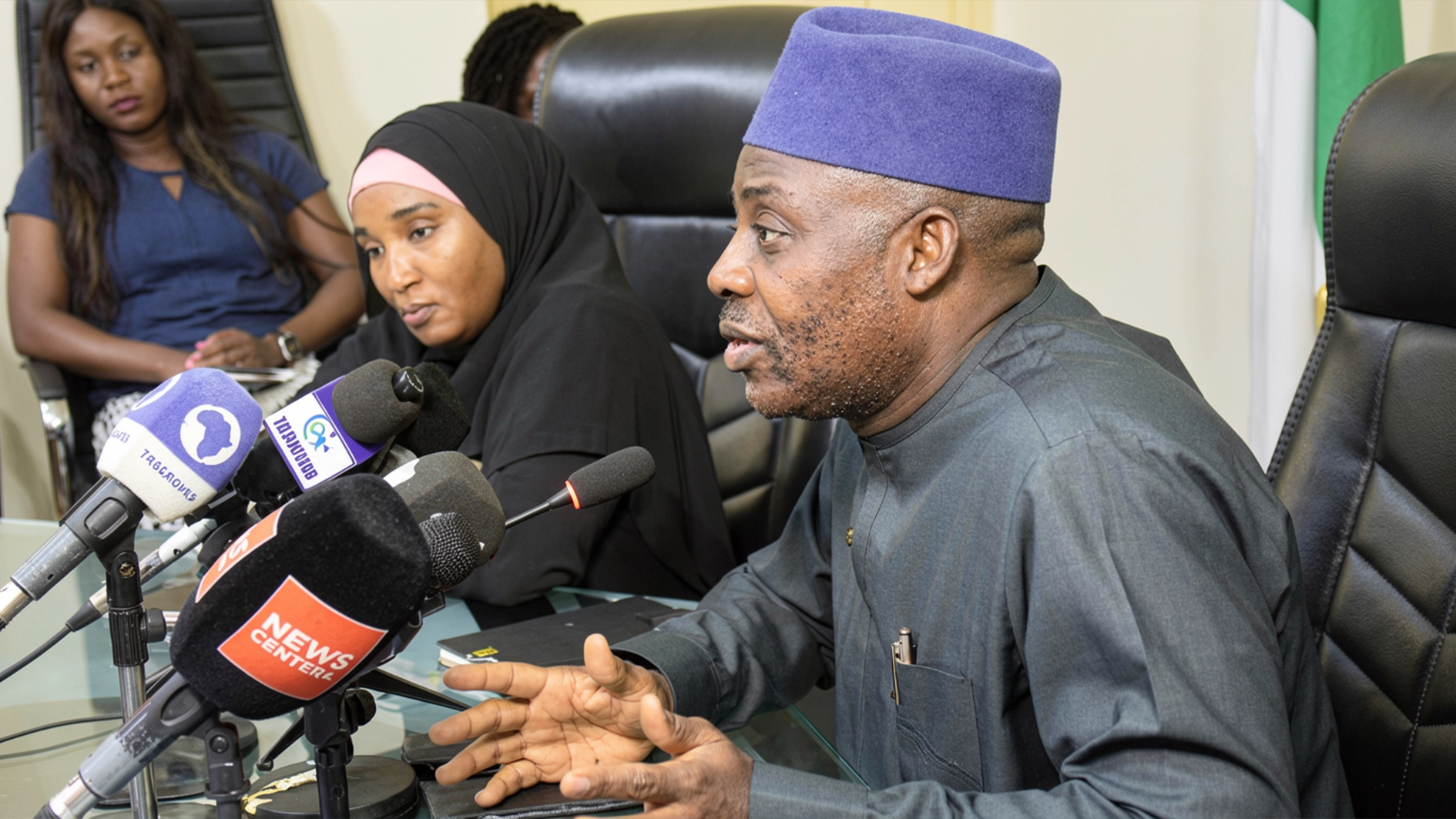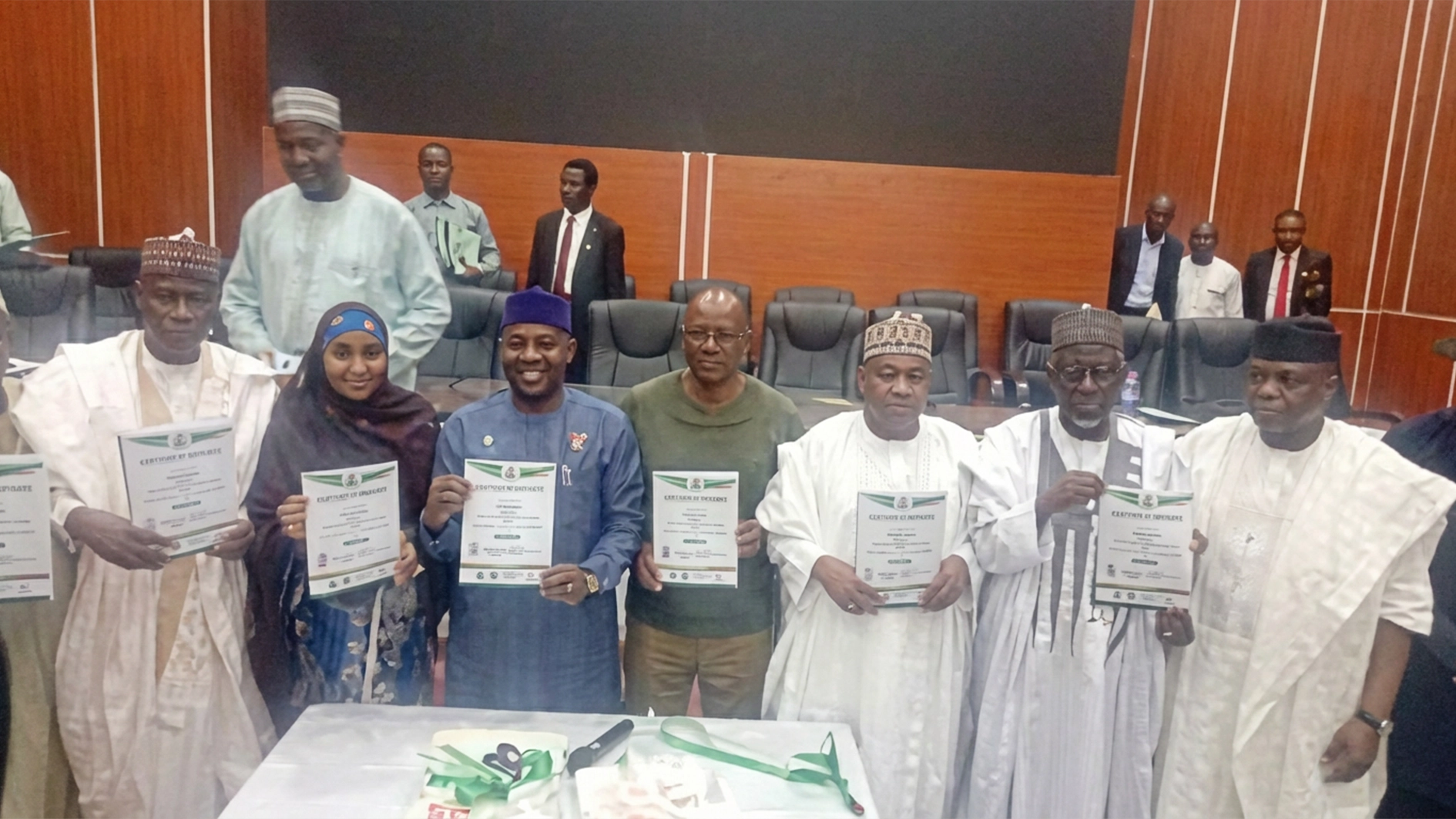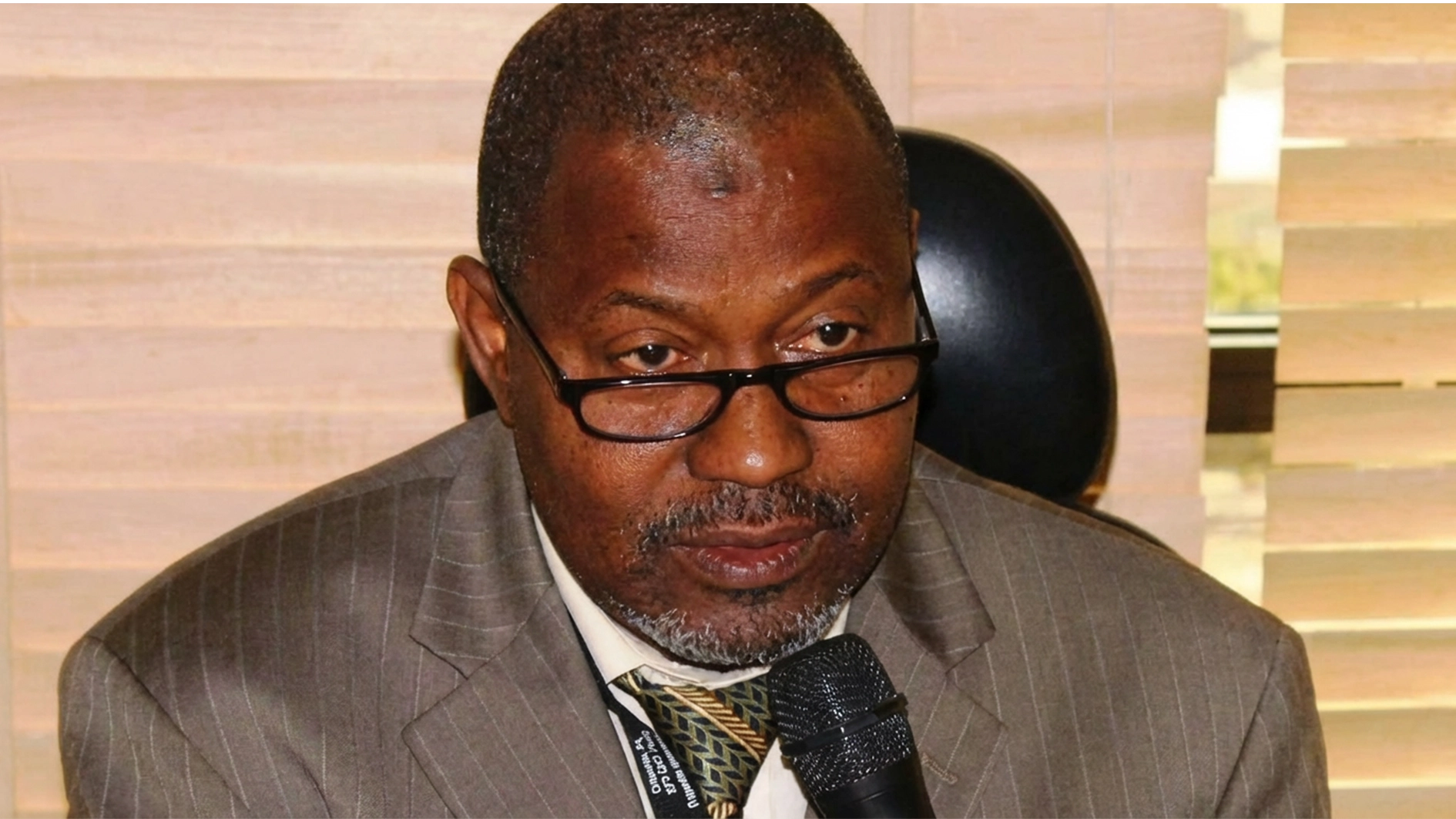As part of efforts to redefine how learners connect with science and mathematics, Nigerian educator and researcher, Sharon Ndubuisi, has charted a new path for student’s STEM engagement through an innovative approach.
Speaking yesterday to the Guardian, she noted that the future of STEM education lies in engaging students through meaningful classroom conversations that inspire curiosity and critical thinking.
Her approach, known as “talk moves,” introduces a structured way for students to reason, question and share ideas during lessons, helping them move from passive note-taking to active discovery.
“Talk moves are not about making classrooms noisier; they are about making them more meaningful. When students hear themselves asking, ‘What do you notice? What do you wonder?’ or pressing each other with, ‘What’s your evidence?’ they start to see themselves as scientists in action.”
Positioning teachers as innovators rather than mere transmitters of knowledge, she drew from her experience in training pre-service teachers, observing how talk moves reshape the classroom experience, encouraging reasoning, debate, and connection to real-world concepts.
During a torchlight-building activity using foil, batteries and bulbs, she saw students reasoning aloud, debating design choices, and linking their results to scientific principles.
She further noted that when teachers apply talk moves consistently, classrooms become spaces where reasoning, critique, and curiosity are part of everyday learning.
Through her involvement with BRITE, a National Science Foundation (NSF)-funded initiative exploring STEM identity and engagement, she continues to show how both Nigerian and U.S. teachers can adapt these methods to different learning contexts.
Ndubuisi also highlighted that teachers need support to refine their teaching methods. She compares teaching to scientific research, where each lesson serves as an experiment.
“Sometimes an approach works; sometimes it doesn’t. But when teachers have spaces to reflect, collaborate, and refine their practice, they make breakthroughs just like scientists do,” she said.
Her practical recommendations are simple yet effective, encouraging teachers to begin lessons with prompts like “What do you notice?” and “What do you wonder?” to spark interest.
During exploration, reasoning probes such as “Why do you think that?” or “Can you add to what your classmate said?” deepen understanding.
Reflection and peer critique, she adds, help students revisit and strengthen their ideas. “When classrooms normalise these conversations, students don’t just learn science, they begin to own it,” she said.
Ndubuisi is currently pursuing her Ph.D. in Science Education at Florida State University. Through her research, training, and advocacy, she continues to shape conversations around effective STEM teaching practices, positioning herself as one of the emerging voices driving innovation in science education.






